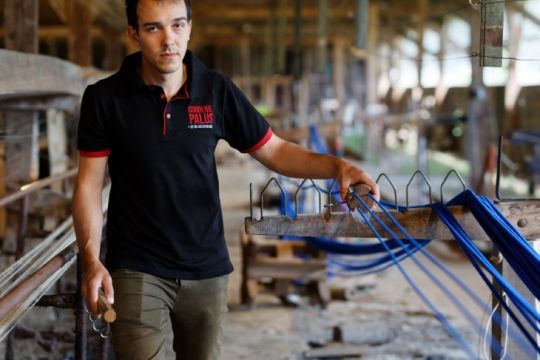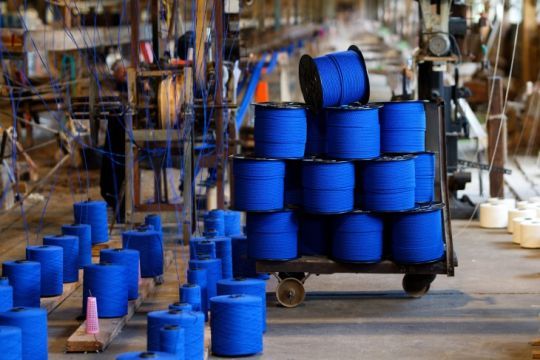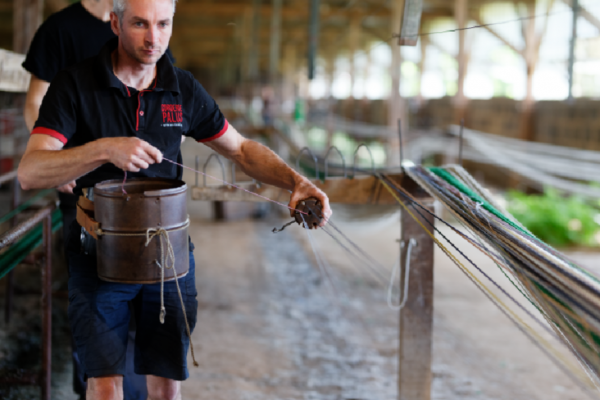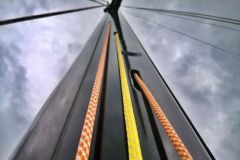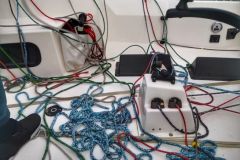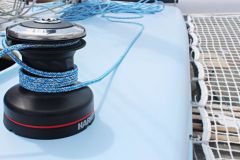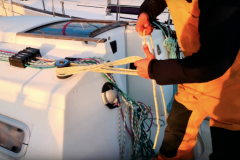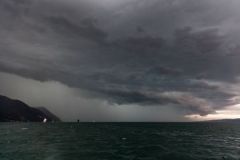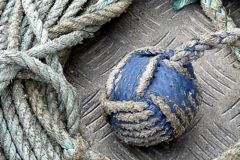For more than a century, Corderie Palus, based in Saint-Pantaléon-de-Larche, Corrèze, has been perpetuating traditional craftsmanship in the manufacture of ropes and twines. Founded in 1908 by Alphonse Pierre Palus, a journeyman rope-maker, the company has adapted to market trends while preserving its Corrèze roots. At the heart of its business lies an unwavering commitment to quality and authenticity, values handed down from generation to generation. Among the diverse sectors that Palus Rope Works usually supplies, the nautical sector can offer a highly suitable option.
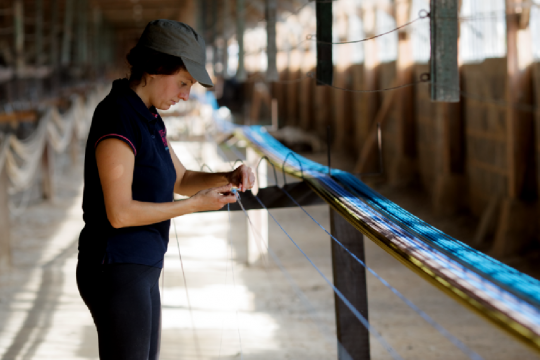
The traditional craft of long-distance rope-making
Corderie Palus, located in Saint-Pantaléon-de-Larche, stands out as the last bastion of traditional long-line rope manufacture in France. The ancestral technique of commettage, indispensable for ropes over 100 meters, requires installations of considerable length to compensate for the shrinkage of wires during twisting. It is in this establishment, the only one in France with a workshop spanning an impressive 280 meters, that this age-old know-how lives on.
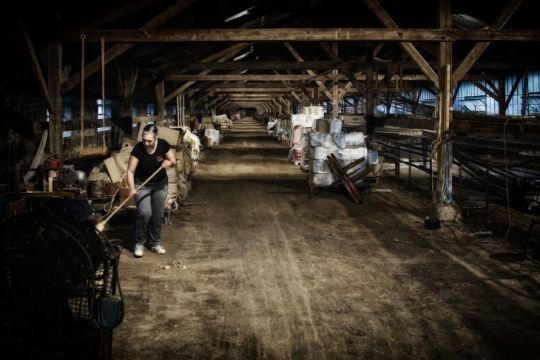
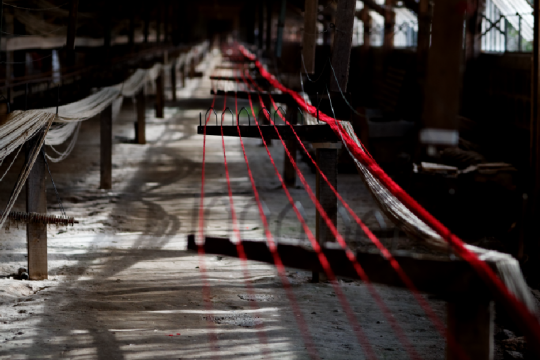
The history of the Palus rope factory is closely linked to that of Stéphane Assolari, who became its owner in 2018. A witness to a company on the verge of bankruptcy, he was captivated by the authenticity and heritage of the premises. For him, the acquisition is a tribute to the ancestral craft of rope-making and the hard work of his predecessors. The tools in the workshop date back to the 1940s, and the earthen floor is impregnated with the repeated footsteps of the journeymen ropemakers who still tell the story of this rich tradition.
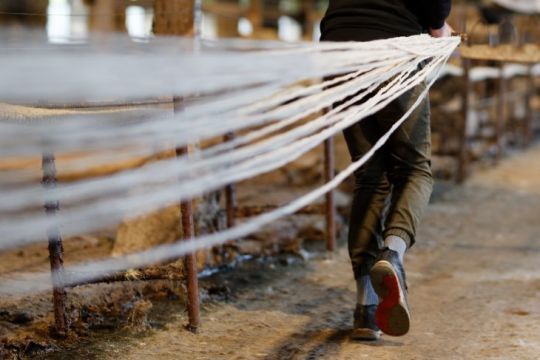
Here, everything is original: the stringing machines, the Japy engines dating back to 1939, and even the lining machines...
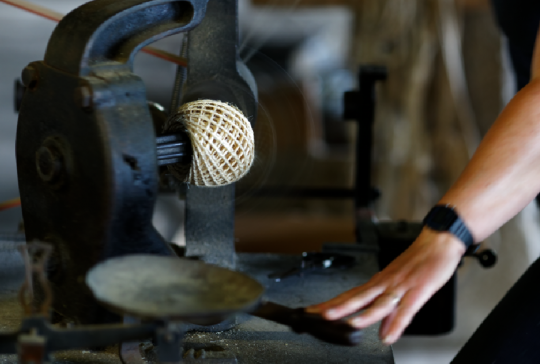
The intoxicating scent of retted fiber greets you as soon as you enter, and never lets you go. Listed as an Intangible Cultural Heritage Site in France, the rope factory has been awarded the Entreprise du Patrimoine Vivant (Living Heritage Company) label.
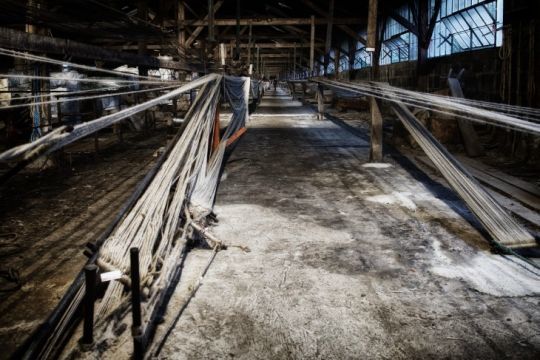
Excellence in traditional navigation
In the workshop, a dedicated and passionate team sets about the painstaking task of purifying the fibers by eliminating fluff and spinning knots.
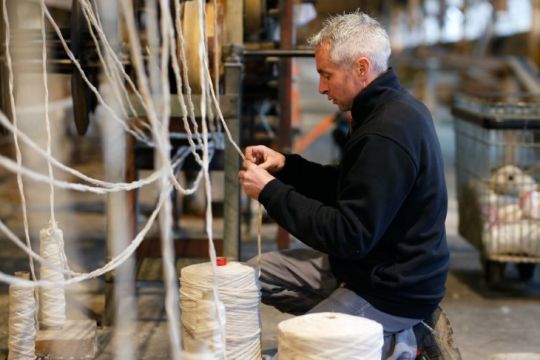
Each rope is shaped by hand, giving it excellent qualities of texture, strength and flexibility. The manufacturing process includes the delicate step of hand sizing and polishing, for a quality of finish that modern means struggle to match. Natural materials such as hemp, linen, cotton and sisal are meticulously selected for their strength and quality. From assembled threads, the plant fibers mingle to form strands, which, when woven together, give rise to the final rope. These ropes, fashioned by Corderie Palus, can be used for rigging traditional boats.
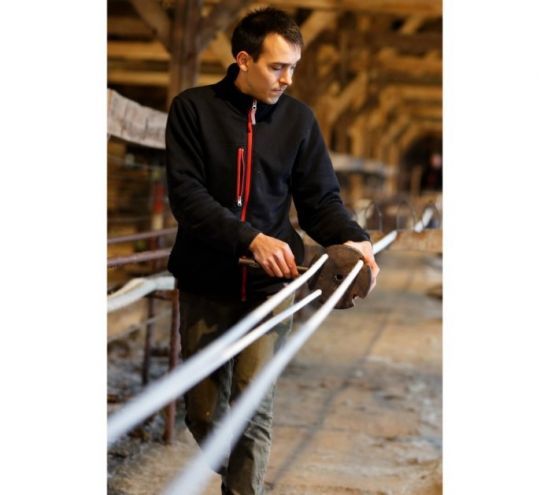
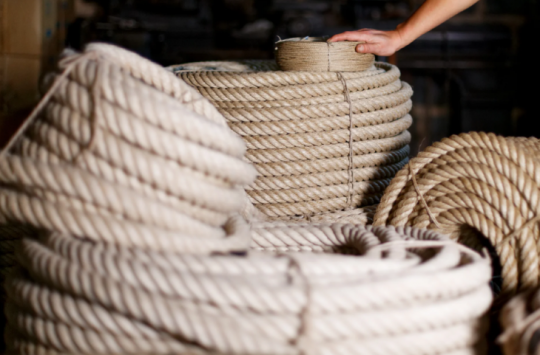
Leading products for the marine sector
Corderie Palus offers a wide range of ropes to meet the varied needs of all seafaring enthusiasts. Each type of rope is meticulously crafted, guaranteeing exceptional quality and durability, essential for ensuring safety on board. The spools can be used to manufacture a wide range of nautical accessories: hammocks, sunshades, lifelines, fishing nets, fenders, mooring systems, mooring lines...
Innovation and adaptation to market needs
Despite its attachment to traditional methods, Corderie Palus also demonstrates its ability to adapt to developments in the nautical sector. By using synthetic materials, the company broadens its range of products to meet the technical demands of modern sailors.
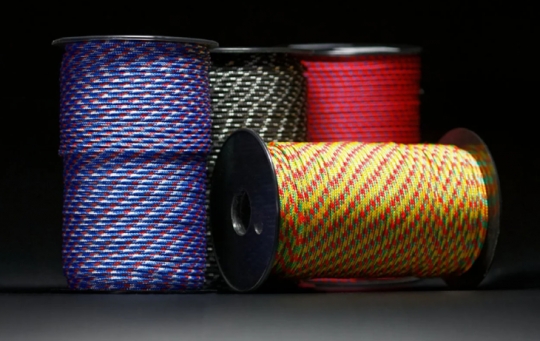
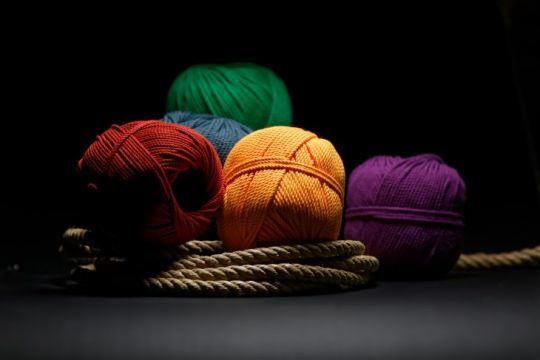
Polypropylene rope, a rot-proof, UV-treated synthetic material, is available in a variety of colors and in diameters ranging from 3 to 24 mm. Textured polypropylene offers an alternative to hemp, manufactured using traditional techniques and methods to ensure a perfectly committed rope, whatever its size. Polyamide ropes are highly resistant to breakage and chemicals, and are rot-proof. Manufactured using traditional techniques, they are available from Palus in diameters ranging from 6 to 24 mm. Polypropylene halyards, whether plain or customized in color, offer a wide range of diameters from 1 to 10 mm, and come in 100-meter spools. Bungee cords are also woven at the Palus workshop around a natural rubber core, and are offered in two ranges, with a polyethylene or polyamide sheath, and diameters ranging from 4 to 10 mm.
Every rope that leaves the Palus ropeyard combines quality and durability to offer sailors and yachtsmen the tools they need for their on-board needs.
